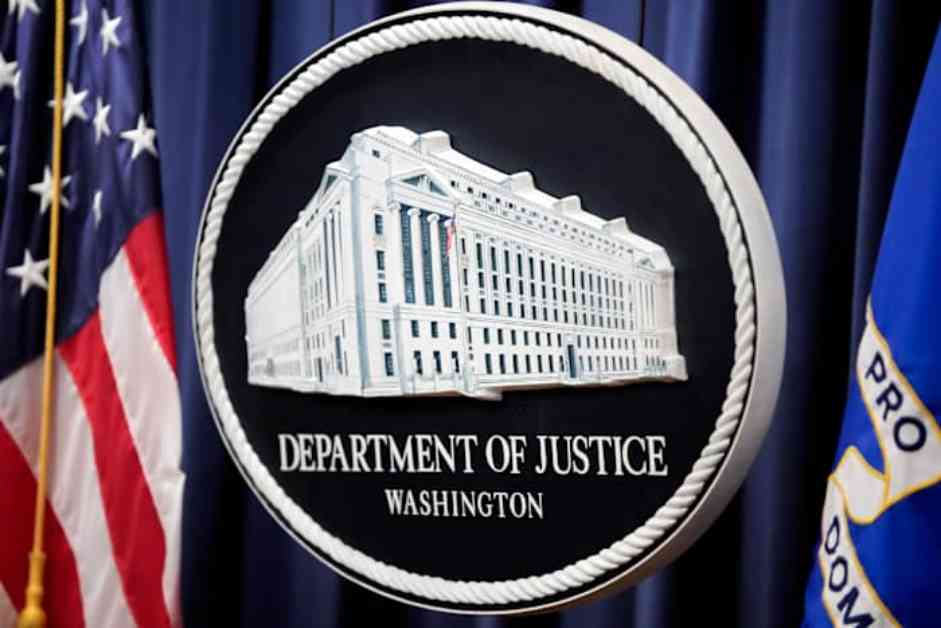A high-ranking supervisor at the federal prosecutors’ office in Washington, Denise Cheung, recently found herself at the center of a controversial dispute that ultimately led to her resignation. The conflict arose when Cheung clashed with her boss, interim U.S. Attorney Ed Martin, over a directive to investigate the awarding of a government contract during the Biden administration. In a letter reviewed by The Associated Press, Cheung detailed her objections to Martin’s orders, stating that she believed there was insufficient evidence to justify freezing assets related to the contract or issuing grand jury subpoenas.
The tension between Cheung and Martin came to a head when the interim U.S. Attorney instructed her to draft a letter to a bank, directing them not to release funds from certain accounts due to an ongoing criminal investigation. Cheung, citing a lack of legal authority and insufficient evidence, pushed back against the demand, leading Martin to request her resignation. Despite the lack of specifics regarding the nature of the contract or the involved agency, the fallout from this internal conflict has underscored the challenges faced by career officials in navigating political pressures within the Justice Department.
The Uphill Battle for Integrity
Cheung’s resignation is the latest in a series of departures that have roiled the Justice Department in recent months. Her decision to step down echoes a growing trend of career officials facing untenable situations when confronted with directives that conflict with their commitment to upholding the rule of law. In an email to her colleagues, Cheung emphasized the importance of continuing to pursue justice without fear or prejudice, highlighting the ethical and moral obligations that underpin the work of public servants in the legal sphere.
As President Donald Trump moves to nominate Martin as D.C.’s permanent U.S. attorney, the implications of Cheung’s resignation reverberate throughout the Justice Department. Martin’s controversial stance on issues such as the Jan. 6 riot and election fraud allegations has raised concerns about the future direction of the office under his leadership. The internal review initiated by Martin, tasking Cheung with assessing the use of felony charges against Capitol rioters, further underscores the complex dynamics at play within the Justice Department.
A Climate of Turmoil
Cheung’s departure is just one in a series of high-profile resignations and firings that have rocked the Justice Department since the start of the Trump administration. From Manhattan’s top federal prosecutor resigning in protest over a directive to dismiss corruption charges to a wave of forced transfers and departures within key departments, the fallout from political clashes continues to shape the landscape of federal law enforcement. The challenges faced by career officials like Cheung underscore the delicate balance between political pressures and the pursuit of justice in an increasingly polarized environment.
In the midst of these turbulent times, the resilience and dedication of individuals like Cheung serve as a testament to the enduring values that underpin the work of the Justice Department. As the legal landscape continues to evolve, the need for principled leadership and unwavering commitment to upholding the rule of law remains paramount. Cheung’s decision to uphold her ethical and legal obligations in the face of conflicting directives reflects the core values that guide the work of career officials within the Justice Department.















